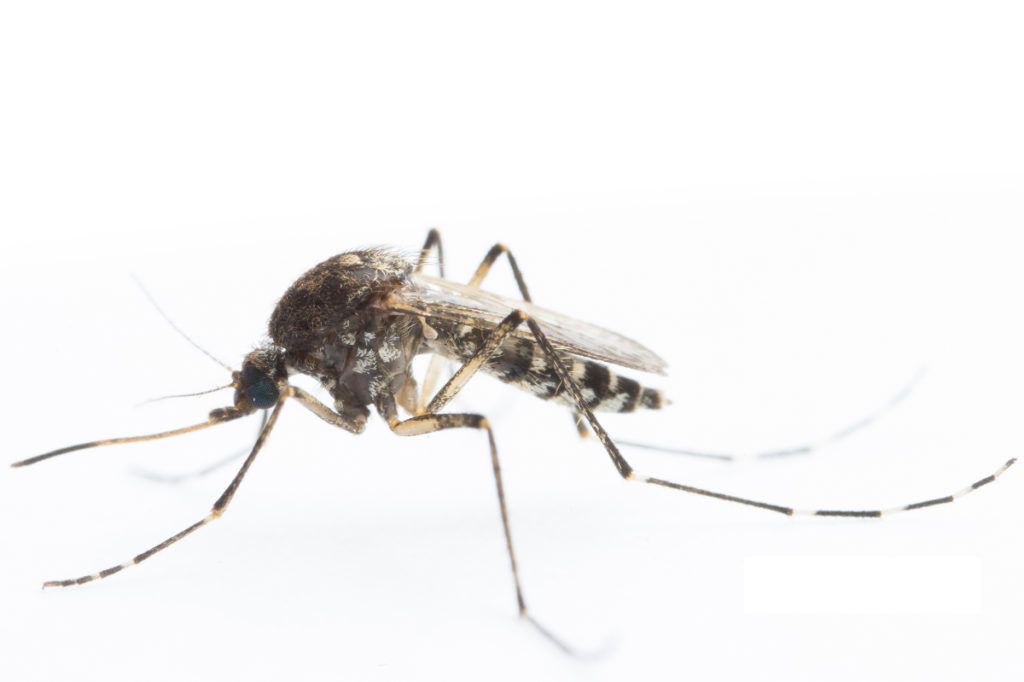
Mosquito numbers at Moore Park Beach are expected to diminish in the next two weeks if there isn’t significant rainfall.
Bundaberg Regional Council officers have this week been undertaking a control program.
“The large mosquito outbreak at Moore Park Beach was due to higher-than-normal tides early last week, allowing water to cover normally drier/damp areas around the edges of the lagoons and other waterways,” a council spokesman said.
“As the water subsided, eggs hatched in volume. The Vigilax mosquito has been identified.
“This mosquito is typical for the lagoon environment and hatches after higher-than-usual tides. It is known as an aggressive biter.”
About 60 residents contacted Council to express concern, most of whom were from the lagoon areas.
“A large area of the south lagoon (Woodlands Lane area) and north lagoon (Malvern Drive area) foliage has been treated with a residual barrier spray, which is an effective measure to eradicate mosquitoes,” the spokesman said.
“As a secondary treatment a larvae control chemical has been released along the edges of the lagoon and other areas.
“This morning further spraying has been applied on the vegetation and trees near Moore Park Beach School.”
Mozzie management tips
People can assist with mozzie management by following some simple steps:
- Check rainwater tanks. Unscreened tanks or damaged screens enable mosquitoes to enter and lay eggs inside the tank.
- Check playground equipment. Tyre swings can hold water and are a favoured breeding site for mosquitoes. It is recommended to drill holes in the bottom of the tyre so water drains out.
- Check rubbish items, buckets and containers that may hold water. Any item that holds water for an extended time will provide a mosquito breeding site.
- Empty, dry and clean any items capable of holding water, or store it under cover.
- Pot plant bases should be filled with sand to prevent mosquito breeding.
You can protect yourself and your family from mosquito bites by:
- Apply insect repellent containing DEET or Picaridin in accordance with manufacturer’s recommendations.
- Wear long, loose, light-coloured clothing especially if you are outside at dawn or dusk.
- Use insect surface spray, mosquito coils or plug-in insecticide devices indoors.
- Repair defective insect screens or fitting new screens.
- Use bed nets, when applicable.
- For more information visit Queensland Health.







